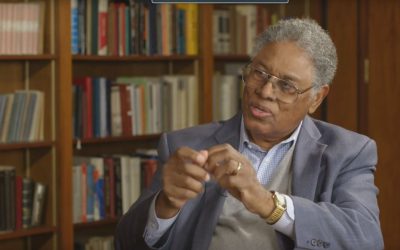What should have been a minor economic downturn became the Great Depression because government interventions prevented the market process from working.
Ludwig Von Mises explained why with his Austrian theory of Money, Banking, and the Business Cycle.




















